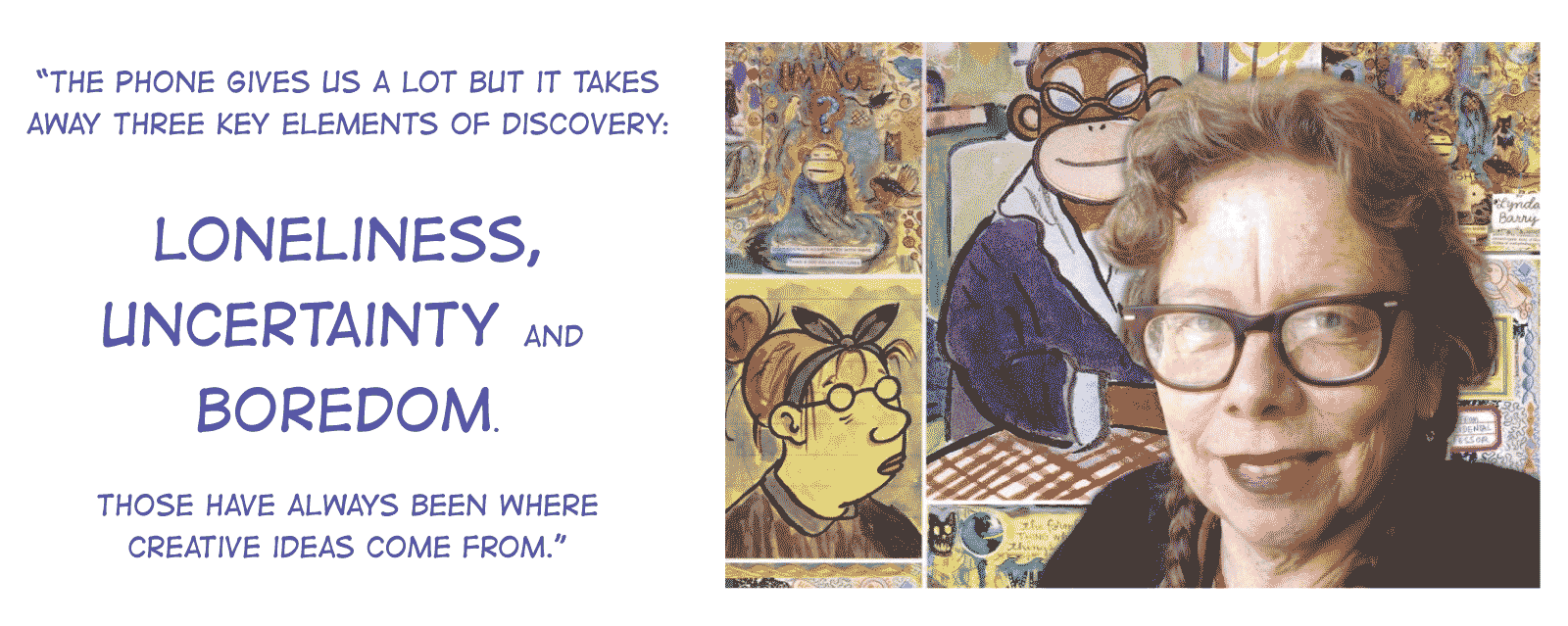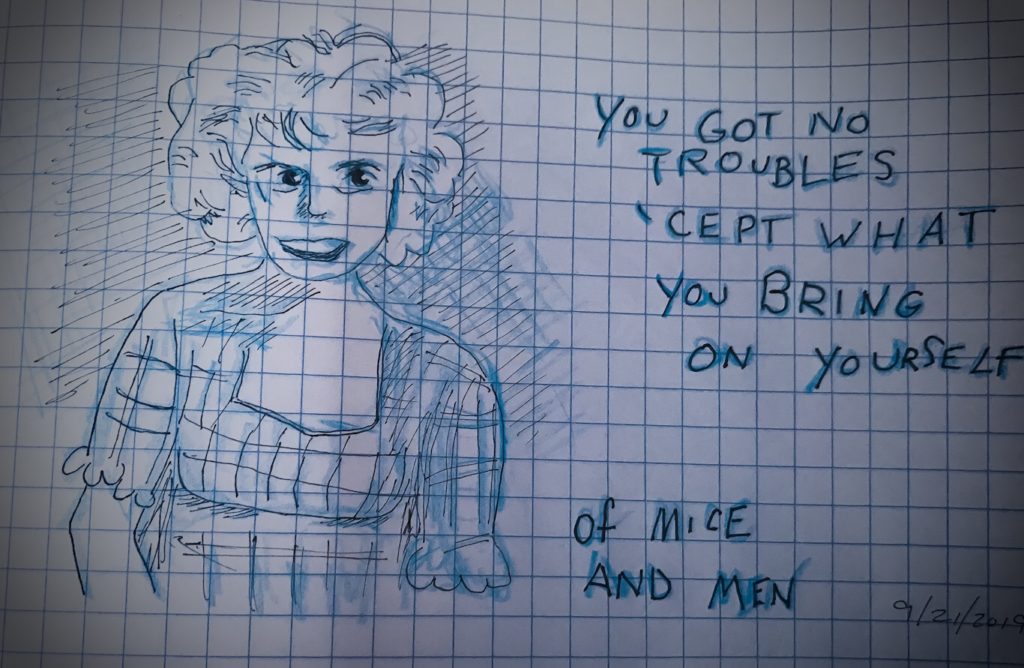I taught several online classes during 2018. In the spring and summer terms, I taught a course on Social Media. In the fall, I taught an online course on Digital Literacy. In all of these courses, I emphasized the use of social media and digital tools. For each class, I required a video teleconference at the beginning of the semester with each individual student. That took many hours to visit with each student for 20-30 minutes, but I think it was a good investment to make that initial connection.
In the spring Social Media class, I initially requested that each student use our Beam+ telepresence robot to video conference with me, but that was not a popular option so I relented and let students use a video chat tool like Skype or Zoom. In one case, the student’s bandwidth was so poor, we just switched to a regular telephone conversation. In that case, the student was interested in using the robot, but simply couldn’t make it work.
Some students downright refused to use the robot, which I guess is somewhat understandable since it was uncharted territory and required installing special software to make it work. However, for those students who did try the robot in several cases, they told me that they appreciated how “real” the experience felt. They visited me during office hours and I was able to give them a brief tour around our building, even introducing them to some other students on campus.
Even though it was a big assignment, points-wise, a few students opted to not do the teleconference at all. Those are the students who consistently did the most poorly of all. I need to think about how to ensure that all students utilize the video conference and build connections with them. Being an online student is a lonely business! It is important to know that real people are out there and that they care.
For both spring and summer editions of the Social Media class, I followed a strategy that I frequently use. I shared my syllabus with the students and asked that they provide feedback and suggestions on some key points on how the course would operate related to grading and participation. I believe that sharing some of the decision making and control with students can assist with helping them to take some ownership of their learning and the class.
With online classes, it is difficult for me to know with any precision the needs of my students and what challenges they might be facing. So in asking them about things like what reasonable participation frequency throughout the week looks like, I’m getting some vital information about what they think is reasonable and we can have a discussion about it.
However, one of my students commented in his feedback on the course that it was inappropriate for the instructor to ask for student opinions about how the class and syllabus requirements should be structured. I think this says a great deal about what that student thinks education should be, what a class should look like and what the role of teacher and pupil should be. Over the years, I have learned that students naturally gravitate towards passivity and when the teacher asks them to think about such things it falls far outside of their comfort zone. They would rather have the teacher do all of the heavy lifting on such things whenever possible. But my belief is that when I share control over some aspects of a course, it is no longer a dictatorship but becomes a form of shared governance. It gives students some agency and responsibility for how the course turns out. That can be a little daunting for some students, I think. But in the end, I think it is a good thing.
The fall 2018 Digital Literacy class was overall a good one. We experimented with using several forms of online media for communication. However, at one point, there was a student who had some major concerns about one particular topic and its content; that of objectification and body image. My response to that situation took a great deal of energy and reflection. I consulted with several colleagues and my supervisor about possible approaches.
Ultimately, I followed the advice of Dale Carnegie and took the blame myself and apologized just to keep the peace, but to no avail. I requested on several occasions to have a real-time visit about the situation because I know through experience that text-based communications can make a sensitive situation even worse, but my student decided that I was in the wrong and that a cold shoulder was the best response for me.
The sad part of that whole business was that I essentially shared the same point of view as my student. I don’t think that people should be viewed or treated as objects. I introduced this topic for discussion because it is an important conversation to have with college students. I don’t think it is considered often enough.
However, it was my first attempt at dealing with the topic and it was admittedly not handled with as much finesse as it could have been. I apologized and tried to explain my thinking, but it ultimately was a missed learning opportunity for that student. However it did open up a good discussion in the class though, and I believe that most of the students ultimately understood the purpose of the assignment, even if they too were surprised by what they saw (some others said they were).
In these classes, I work hard to keep things interesting and relevant. I challenge them with new ideas they might not have considered before. I emphasize critical thinking about the various forms of media they are using on a daily basis. We are using tools and technology in ways that they have never tried before. Learning is hard and it is uncomfortable to be challenged. But I think we are doing some good work in these online classes even though we will never meet face to face.

